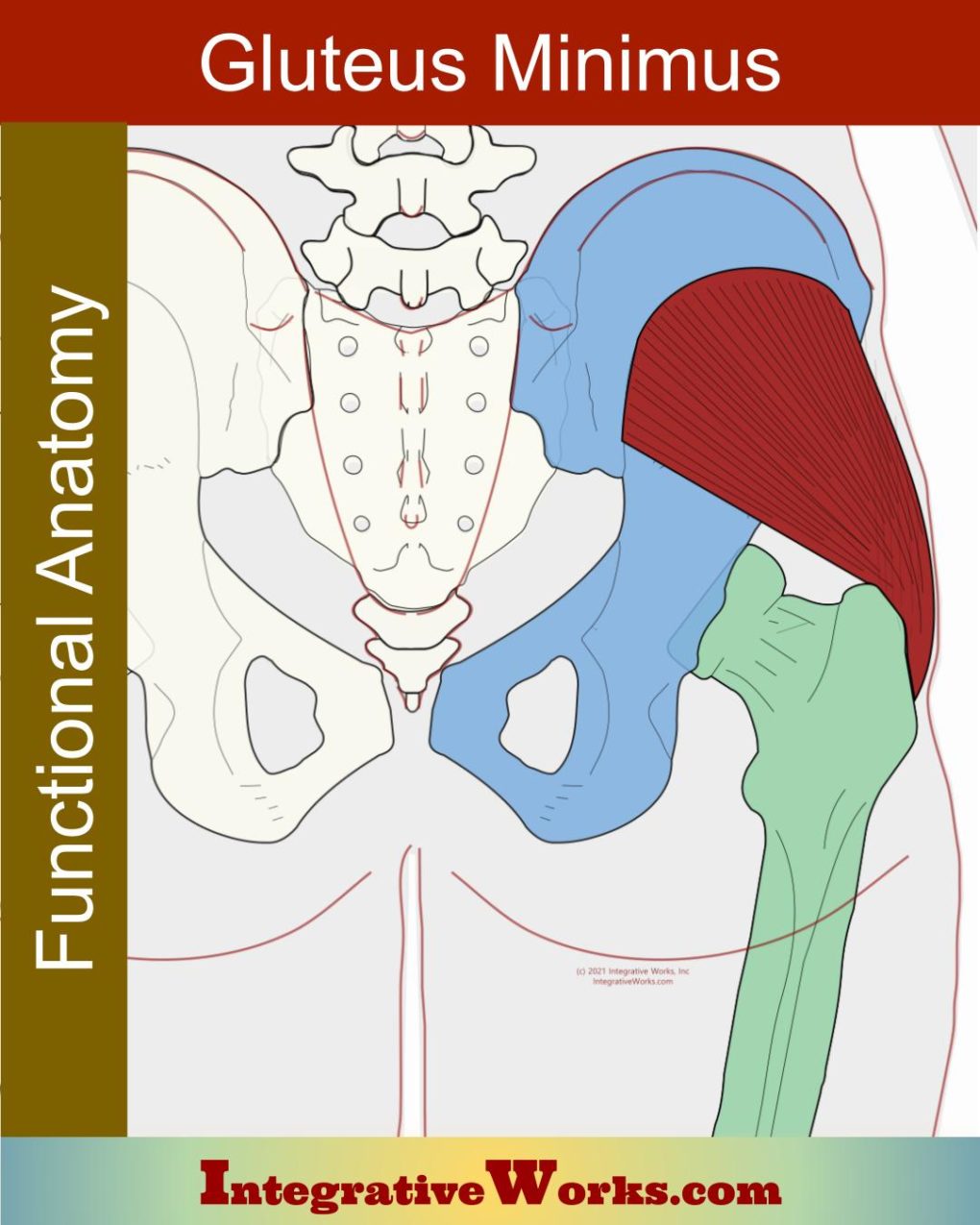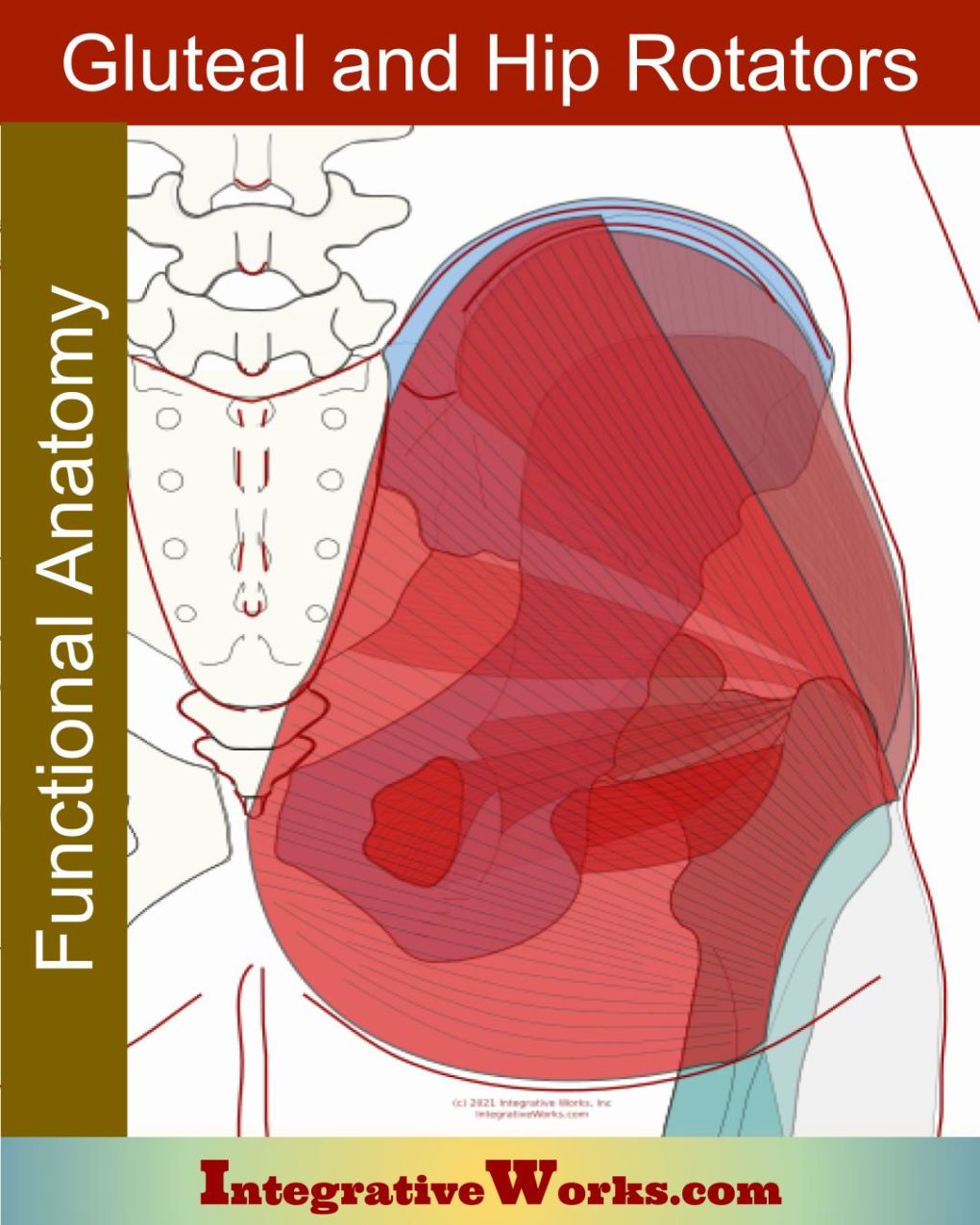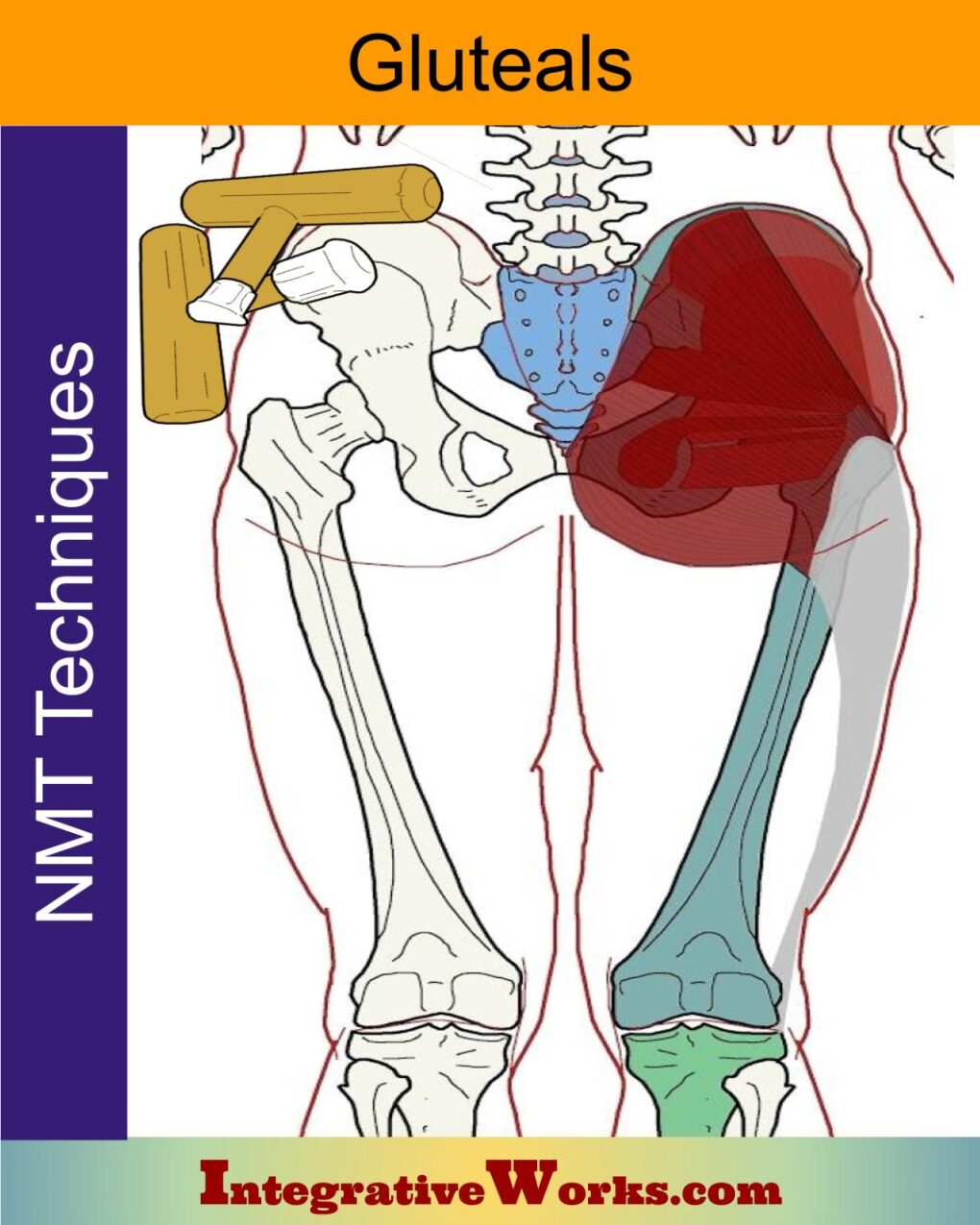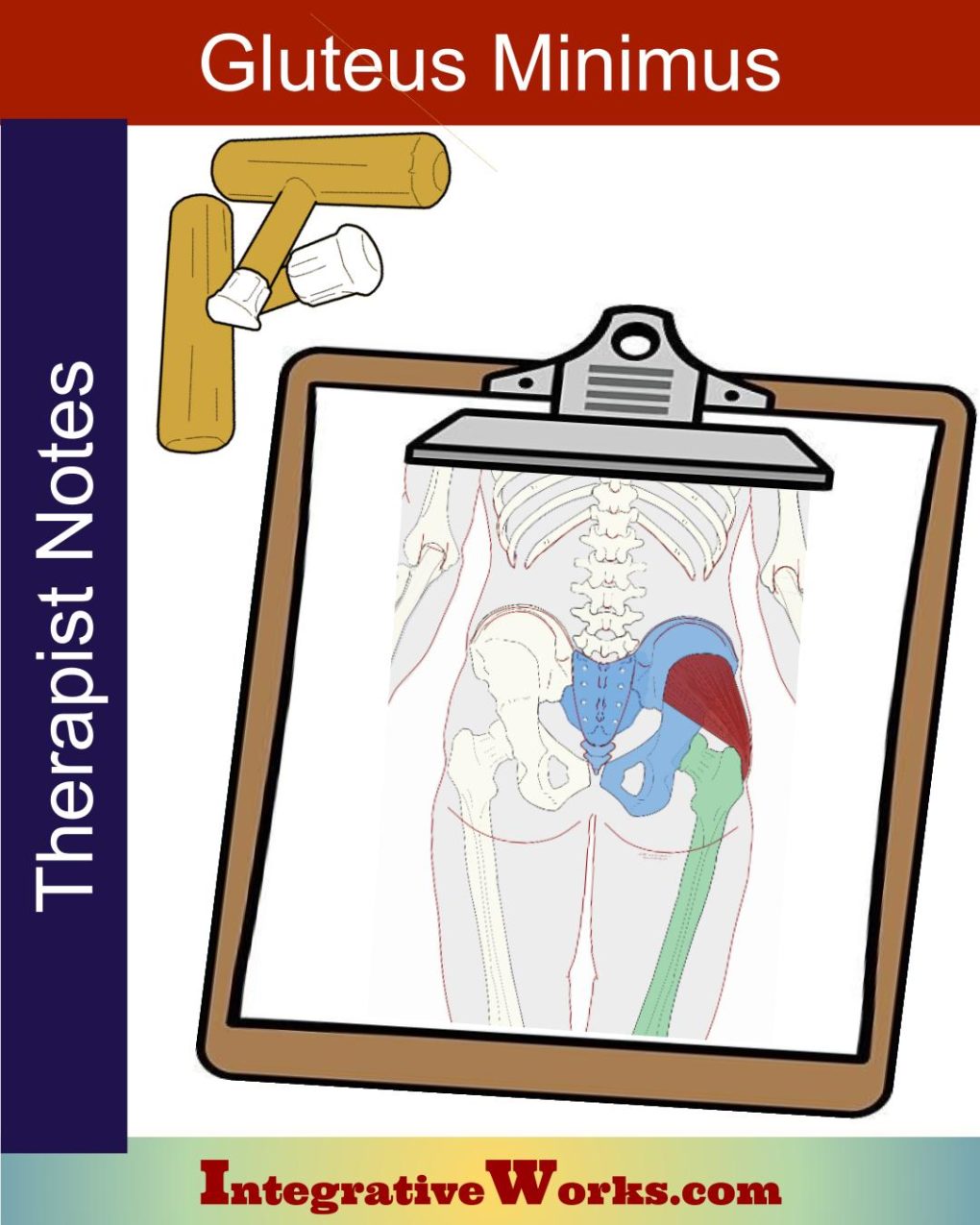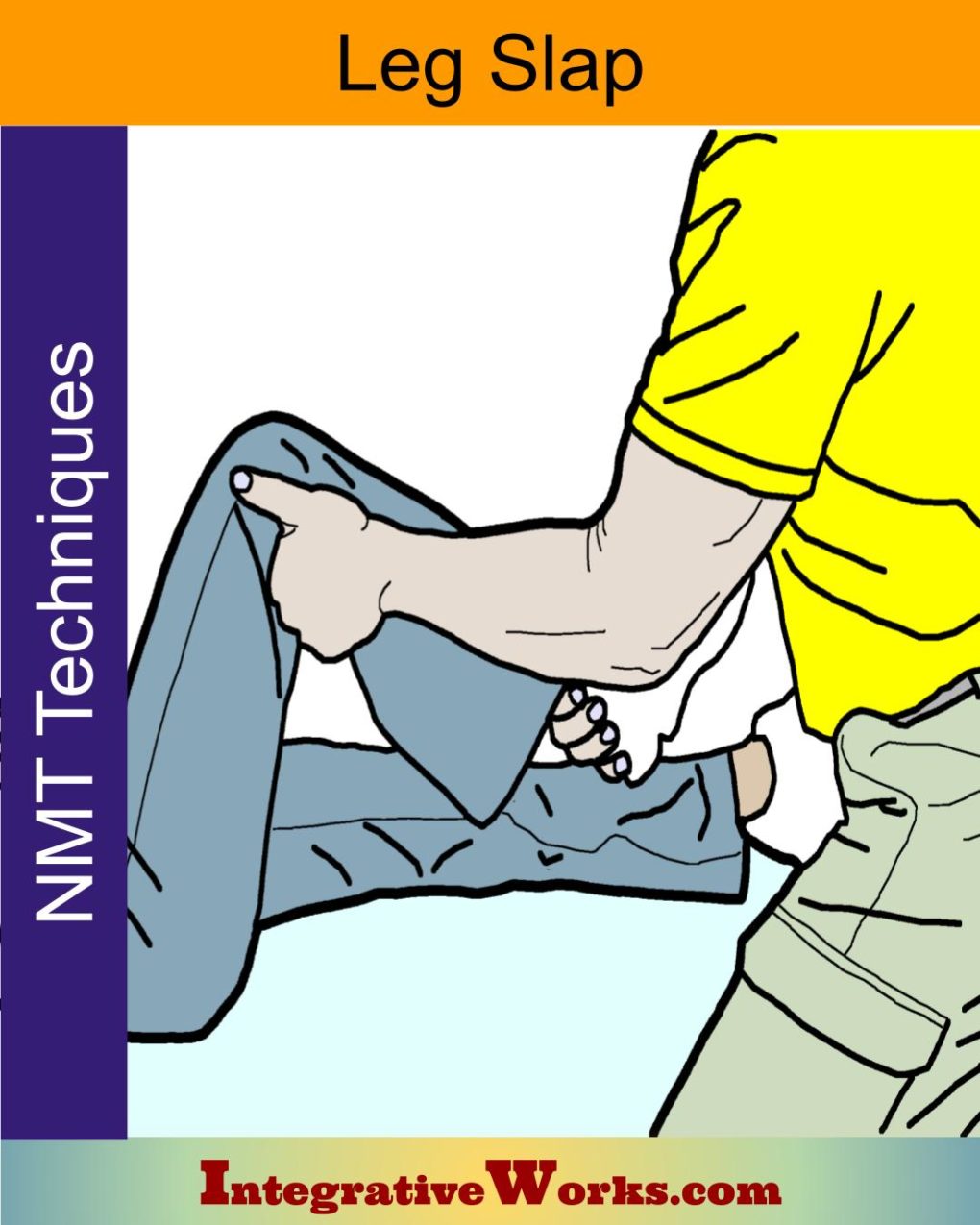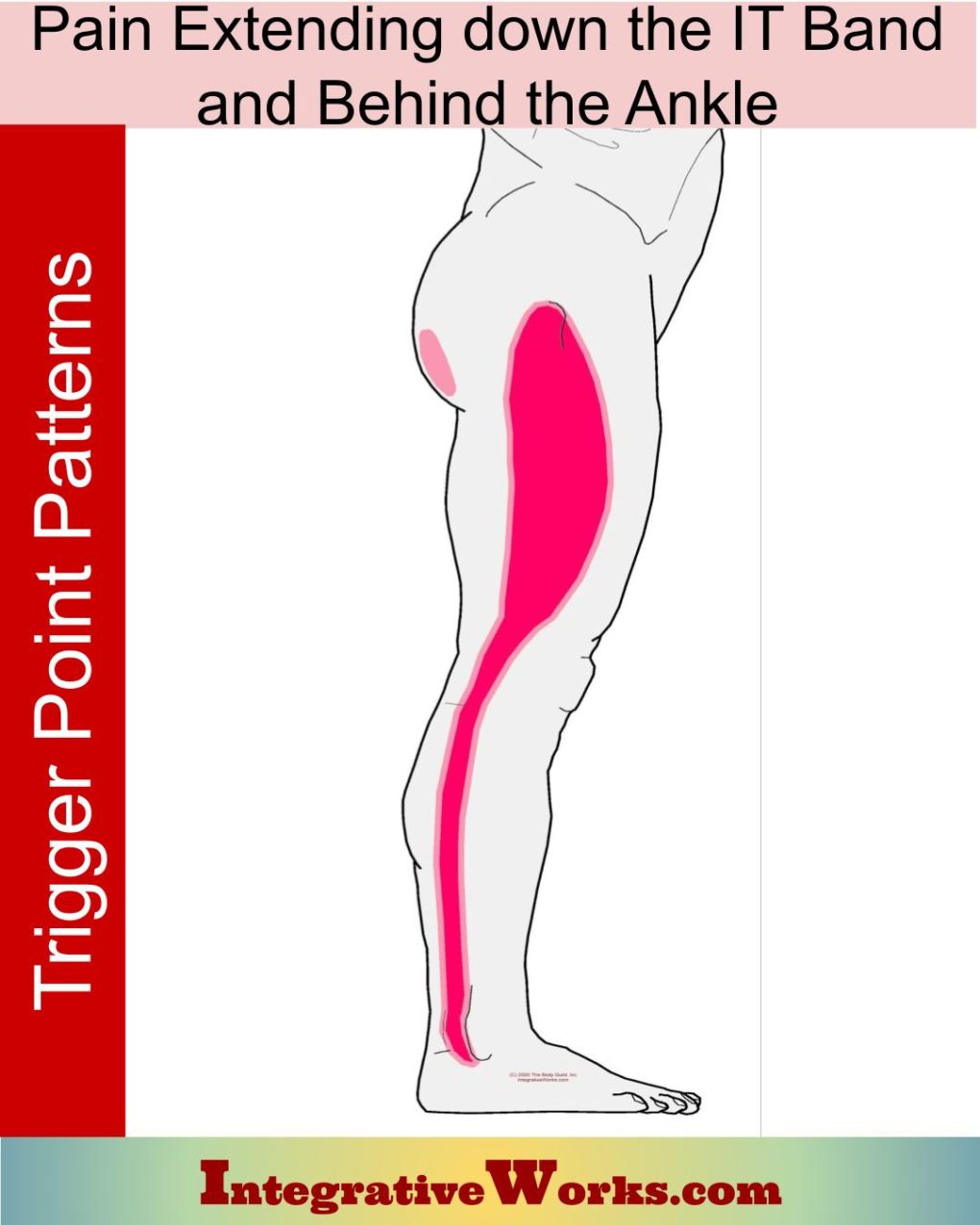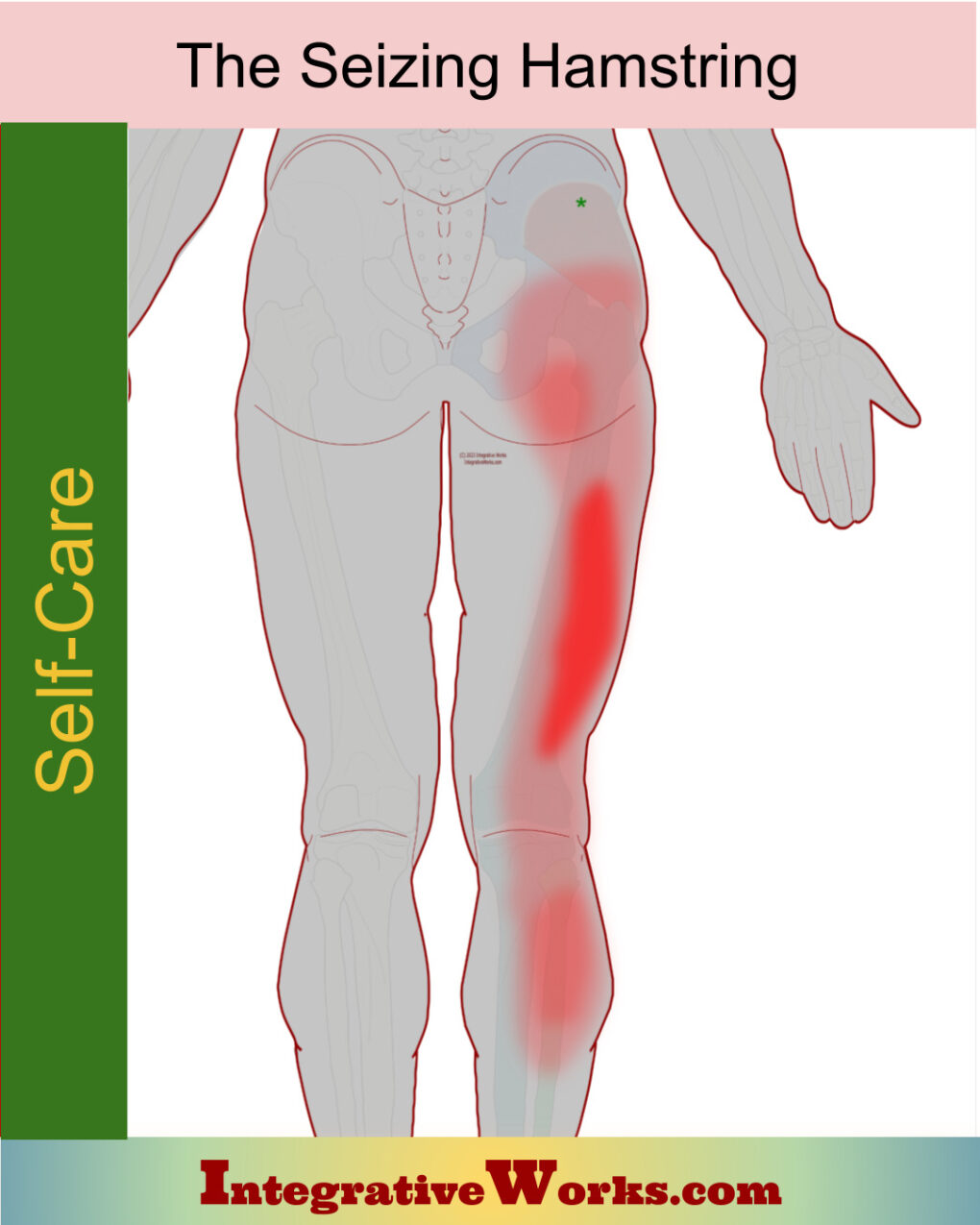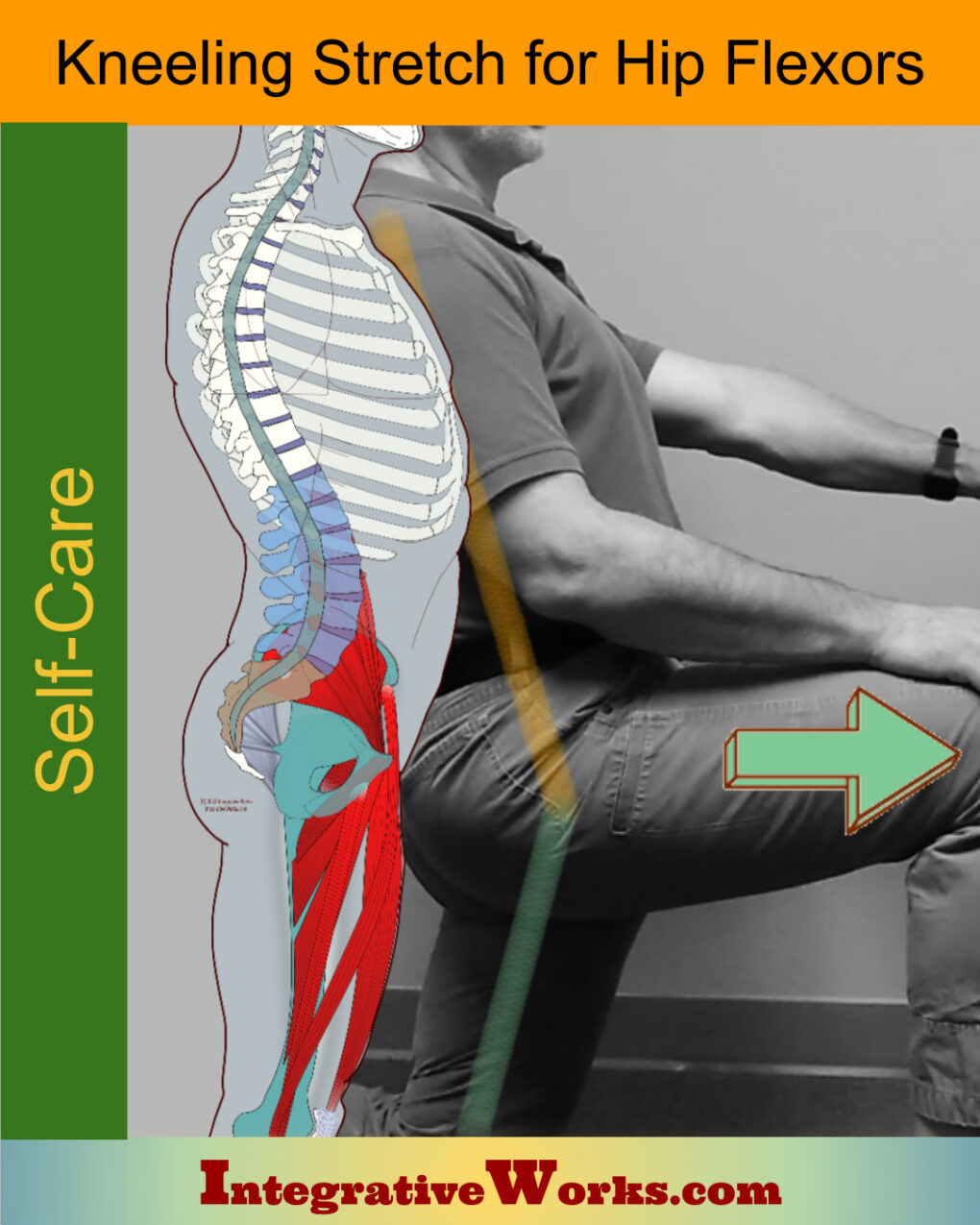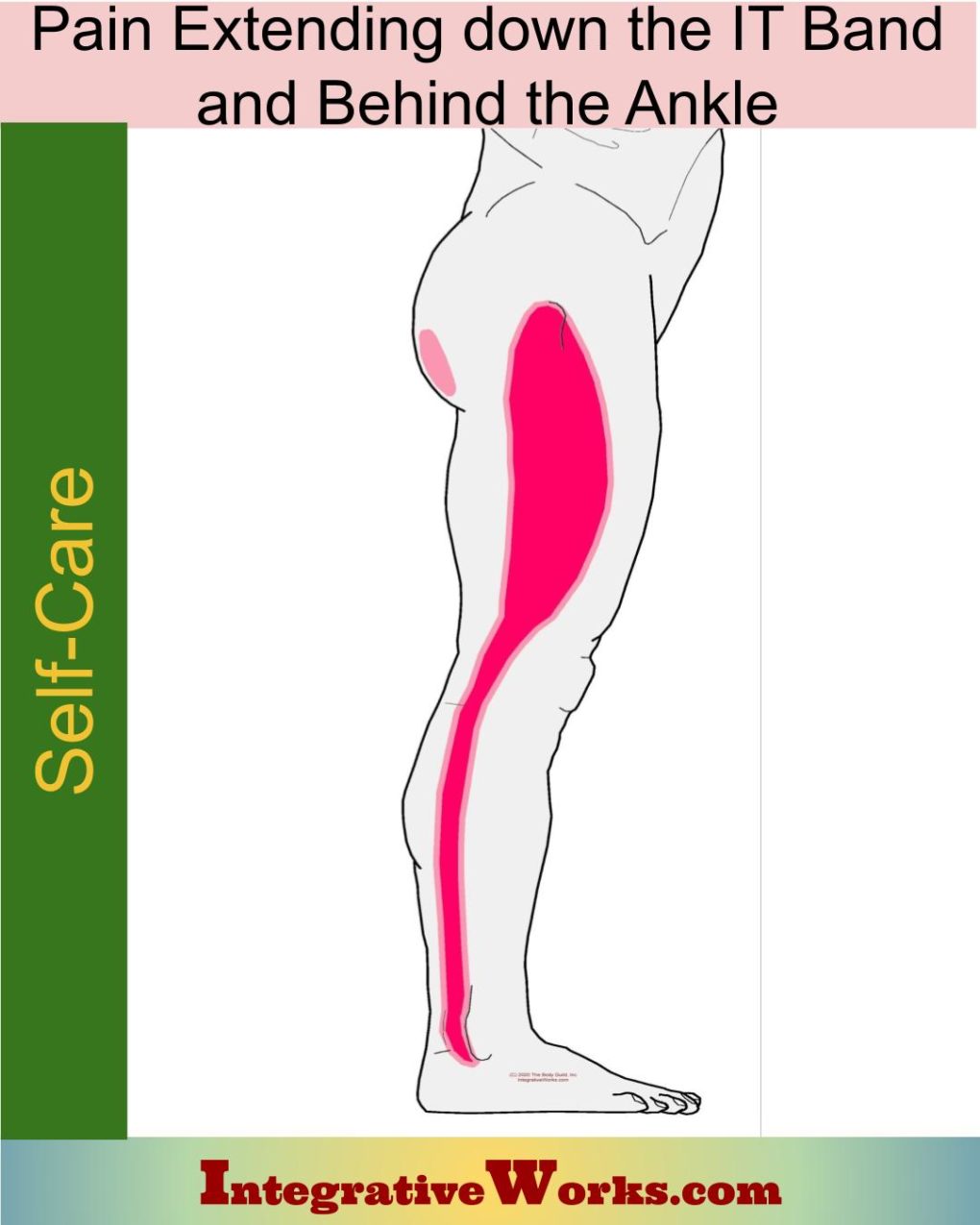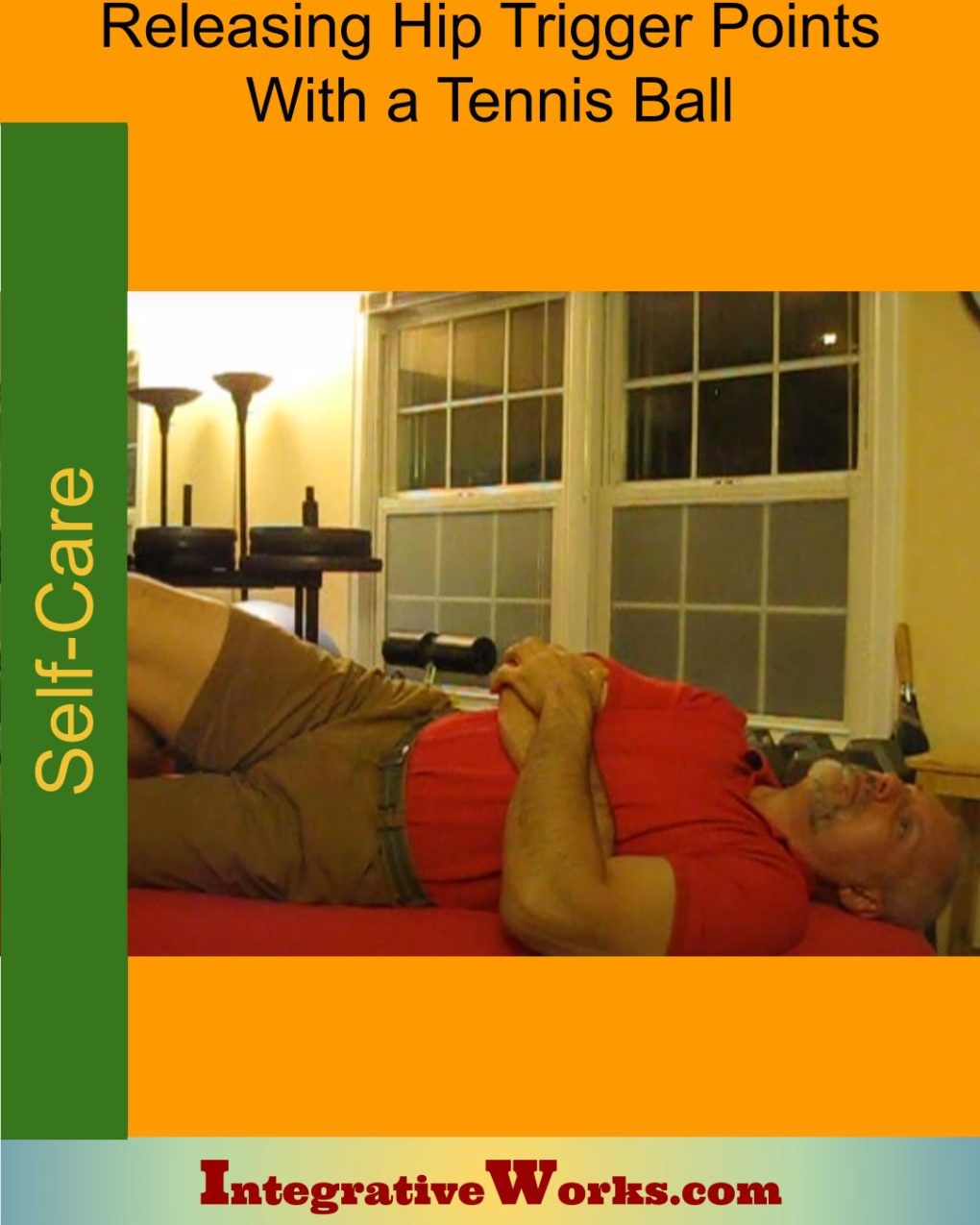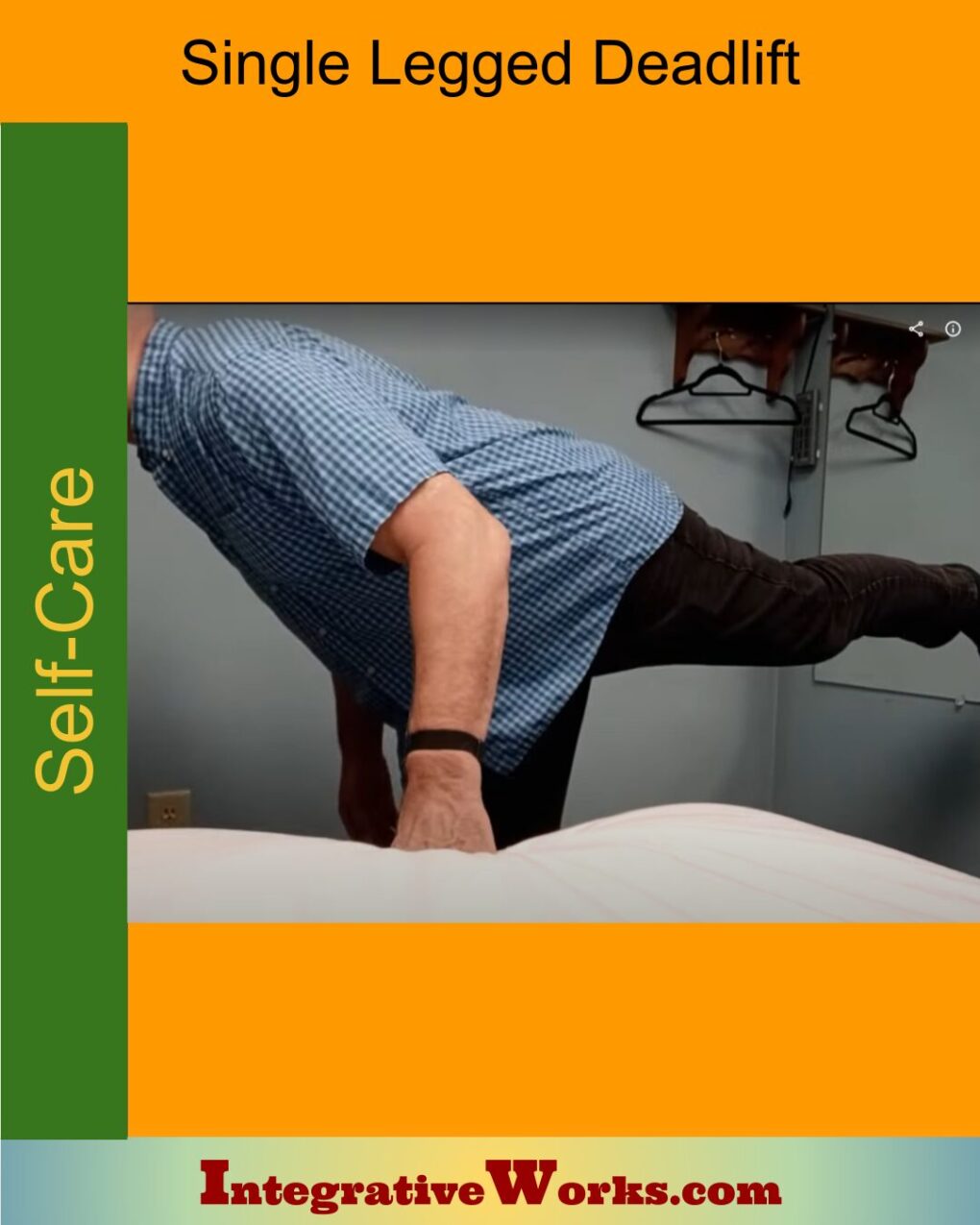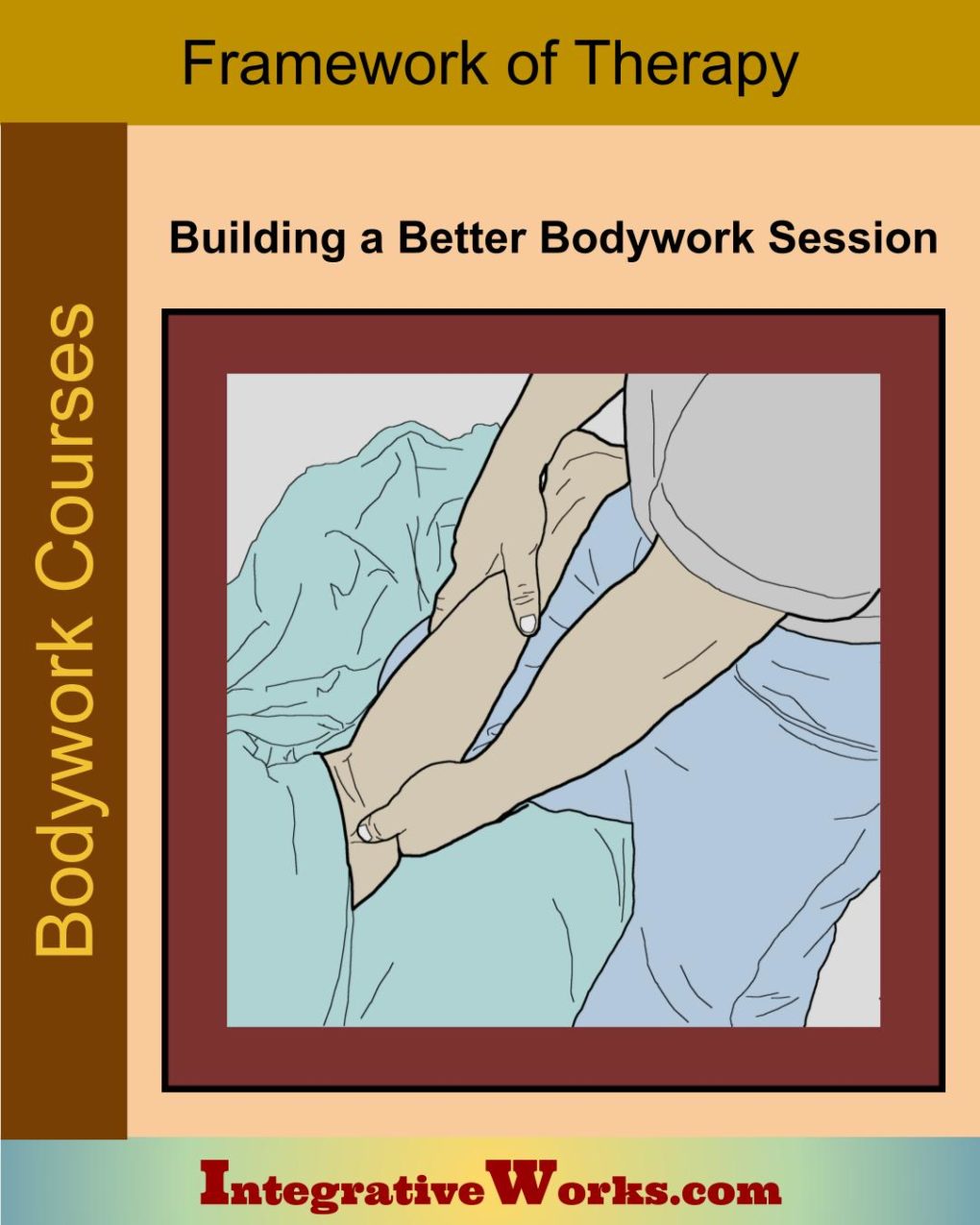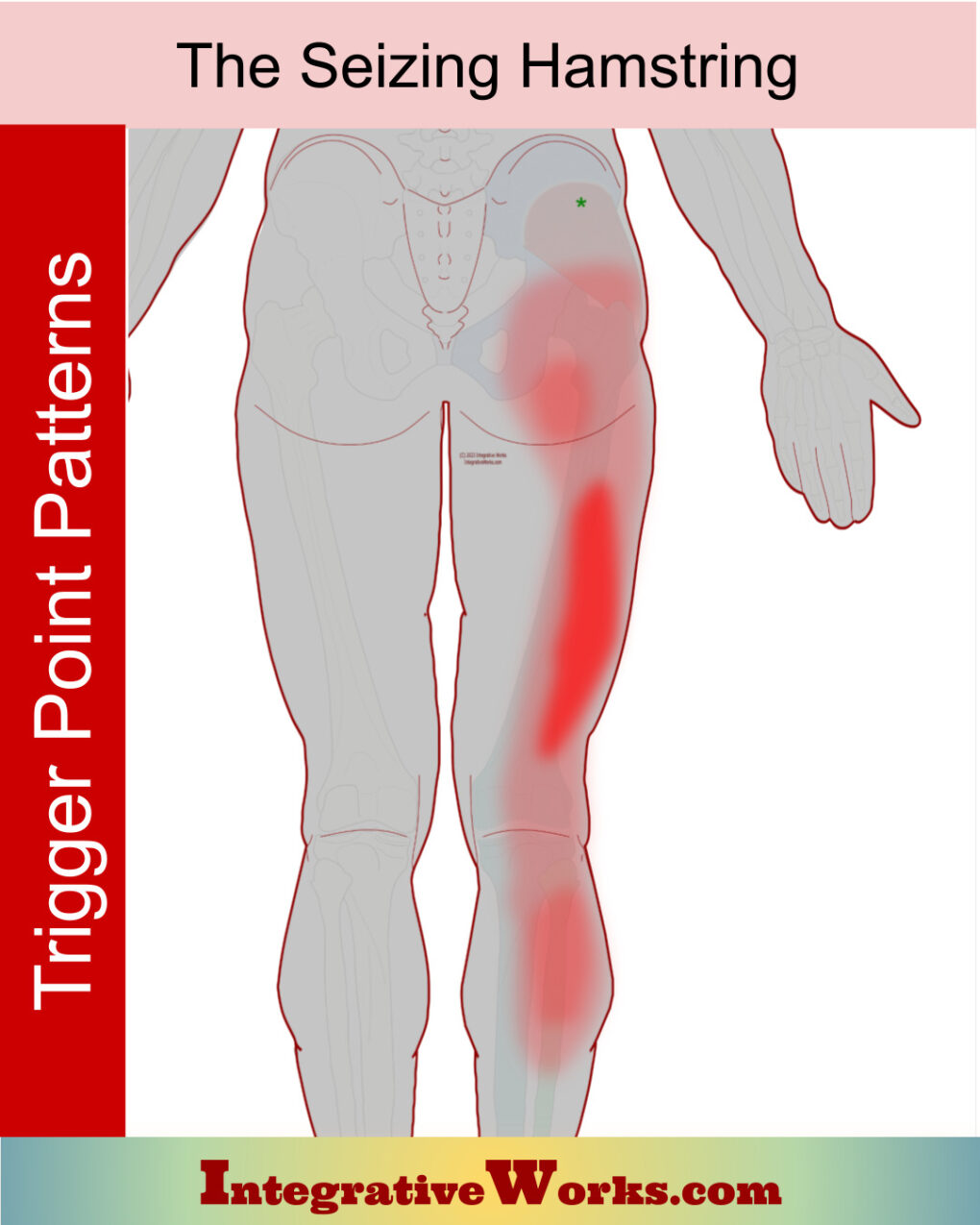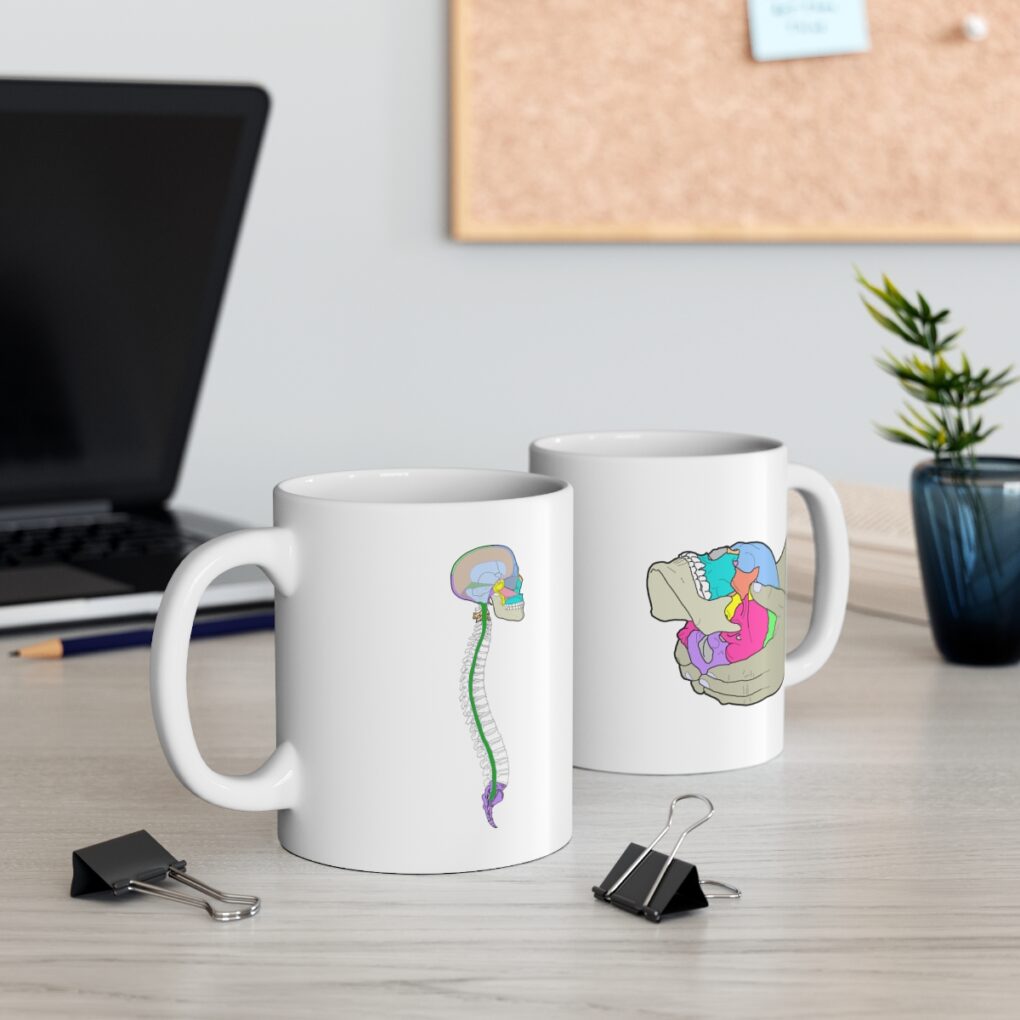Here, you will find an overview of the anatomy of the gluteus minimus muscle and links to related posts.
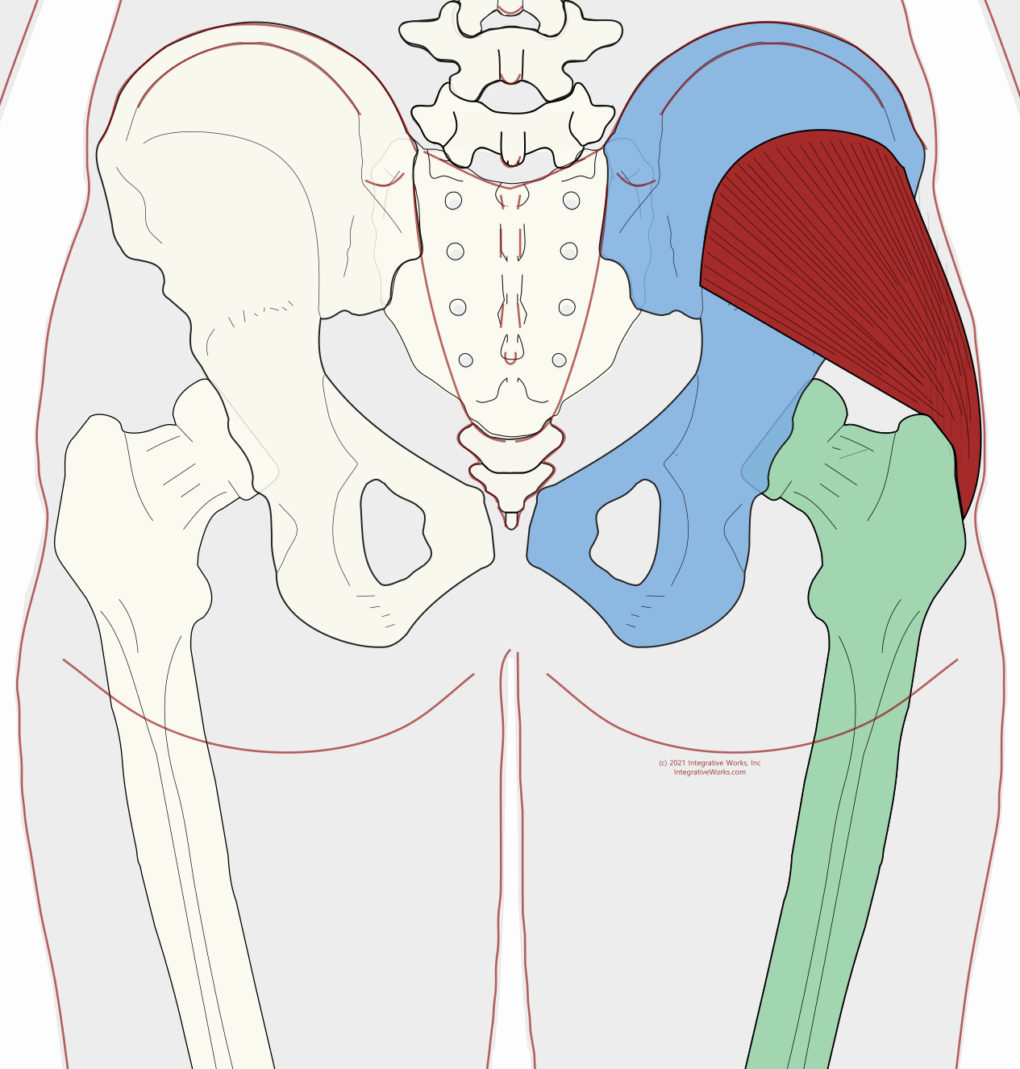
The Musculoskeletal Anatomy Behind Your Pain
It has two distinct heads.
- A thick head originates more anteriorly on the ilium. This head inserts closer to the joint capsule on the greater trochanter. Consequently, it is stronger and better positioned to internally rotate the hip joint.
- A thinner head originates more posteriorly. That head inserts more superiorly on the trochanter. It is better positioned to abduct and assist in lateral rotation.
Origin
- lateral, inferior surface of the ilium between the anterior and inferior gluteal lines.
Insertion
- anterior border of the greater trochanter and may insert into the lateral hip joint capsule.
Function
- Anatomists argue the function of the muscle. For instance, some see it as the primary abductor of the hip. Still, others say that it only contributes to about 25% of abduction. It is largely agreed that it is one of the primary internal rotators and assists in lateral rotation. Also, it stabilizes the femoral head in the acetabulum.
It has a strong relationship with adductors in stabilizing the pelvis’s lateral motion, rotation, and elevation.
Innervation
- L4-S1, superior gluteal nerve
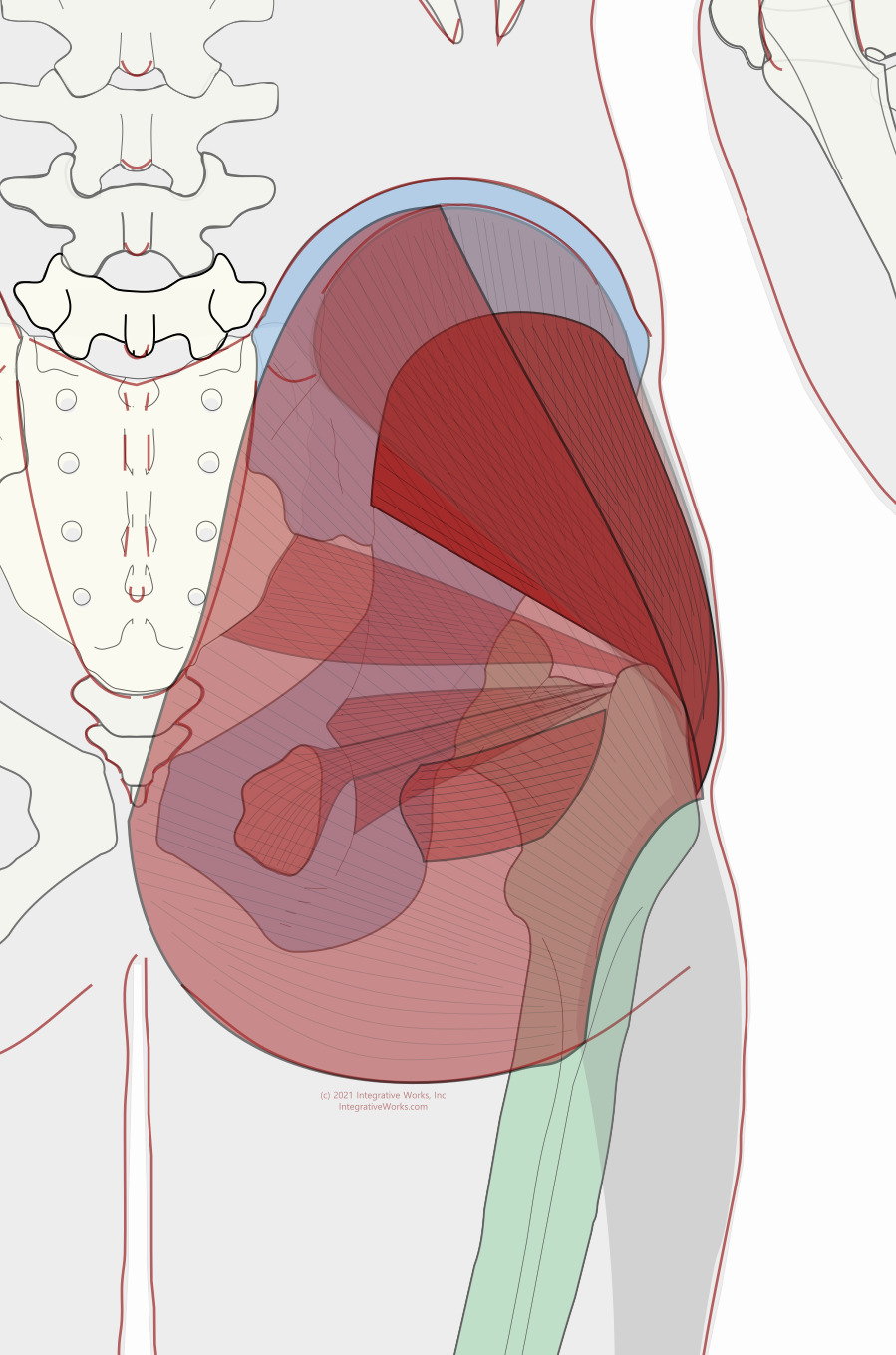
Gluteal Overlay
In this translucent view, you can see how gluteus maximus and gluteus medius overlay gluteus minimus, piriformis, and deep rotators.
Piriformis and gluteus maximus trap the os coxae between the femur and sacrum. Piriformis twists the sacrum posteriorly from its anterior attachment on the sacrum.
As well, the gluteus maximus traps the os coxae between its attachments on the sacrum and femur. Gluteus maximum also traps the femur between the lateral tibia and os coxae.
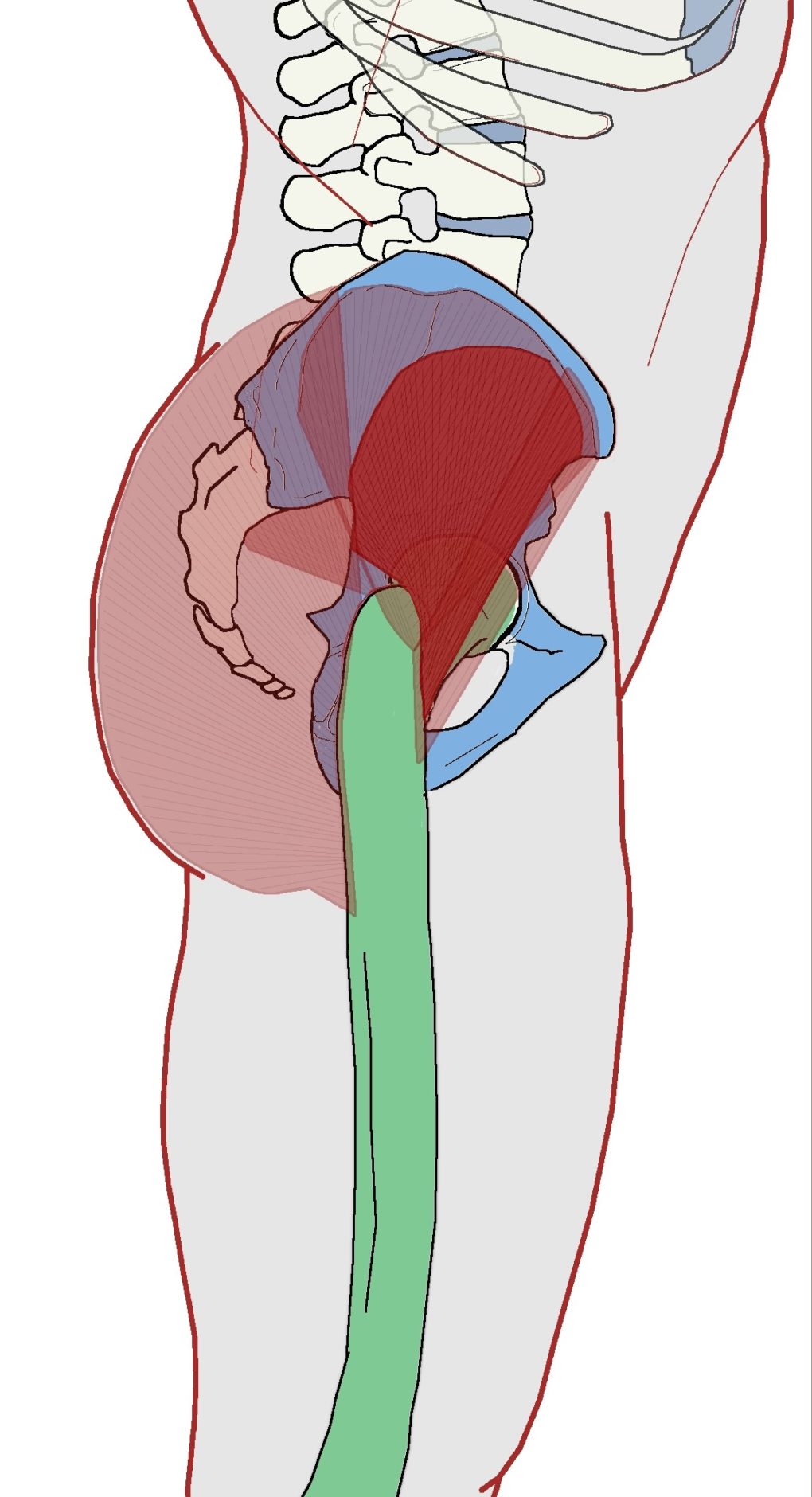
Functional Considerations
Gluteal configurations vary but in this lateral view of the typical gluteal layout. You can see several important relationships.
- Gluteus medius attaches to the superior aspect of the greater trochanter, making it a more effective abductor.
- The posterior belly of the gluteus minimus attaches to the superior aspect of the anterior greater trochanter making it a more effective internal rotator than medius. The anterior belly of the gluteus minimus attaches to the anterior greater trochanter very close to (or on) the joint capsule. This attachment gives it better leverage for internal rotation and stabilizing flexion. Also, it makes it more active when the hip is flexed, as when seated or running.
Anomalies, Etc.
The Gluteus Quartus or Gluteus Scansorius is described in a small amount of literature but, according to one study, exists in over 40% of the population. It is described as originating somewhere along the anterior iliac spine and inserts on the trochanter somewhere between the gluteus minimus tendon and the joint capsule of the hip. It is positioned to adduct, flex, and internally rotate the hip joint.
Related Posts
Gluteal and Lateral Hip Rotator Muscles – Functional Anatomy
Gluteals – Neuromuscular Massage Protocol
Gluteus Minimus – Massage Therapy Notes
Leg Slap Pelvic Mobilization
Pain Down the IT Band Extending Behind the Ankle
Self Care – Cramping Hamstring
Self Care – Kneeling Stretch for Hip Flexors
Self Care – Pain Down the IT Band, Extending Behind the Ankle
Self Care – Releasing hip trigger points with a tennis ball
Self Care – Single-Legged Deadlifts
The Framework of Therapy – Course
Trigger Points and The Cramping Hamstring
Support Integrative Works to
stay independent
and produce great content.
You can subscribe to our community on Patreon. You will get links to free content and access to exclusive content not seen on this site. In addition, we will be posting anatomy illustrations, treatment notes, and sections from our manuals not found on this site. Thank you so much for being so supportive.
Cranio Cradle Cup
This mug has classic, colorful illustrations of the craniosacral system and vault hold #3. It makes a great gift and conversation piece.
Tony Preston has a practice in Atlanta, Georgia, where he sees clients. He has written materials and instructed classes since the mid-90s. This includes anatomy, trigger points, cranial, and neuromuscular.
Question? Comment? Typo?
integrativeworks@gmail.com
Interested in a session with Tony?
Call 404-226-1363
Follow us on Instagram

*This site is undergoing significant changes. We are reformatting and expanding the posts to make them easier to read. The result will also be more accessible and include more patterns with better self-care. Meanwhile, there may be formatting, content presentation, and readability inconsistencies. Until we get older posts updated, please excuse our mess.

